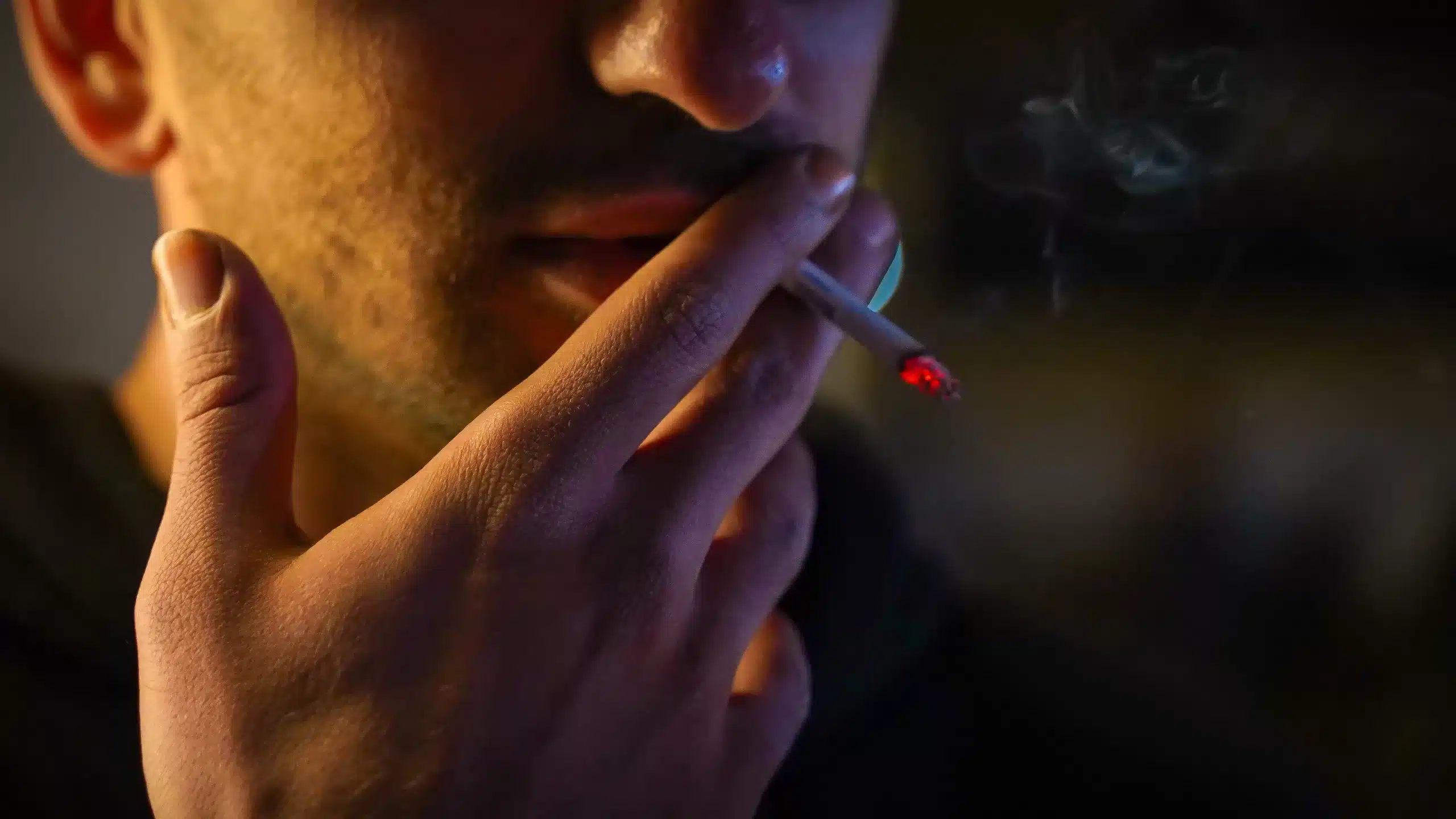At the start of a new year, many people make a firm commitment to themselves that they are going to uplift and make their lives better.
This sometimes takes the form of starting an exercise regime, learning a new skill or ditching a vice that is affecting their life and their health.
Quitting smoking is one of the best ways you can improve your health, and doctors, pharmacists and your local vape supplier are with you every step of the way.
The best way to quit any addiction is gradually, and the NHS recommends e-cigarettes as an aid to provide people with the nicotine their body craves but without the harmful tar, ash and other carcinogens that wreck their bodies and harm people around them.
Alternatively, patches and gum are also options that deliver nicotine and help to battle cravings, but some people attempt to go a different route and just stop entirely.
Going cold turkey is sometimes seen as a way to directly and quickly battle addiction via a short, sharp shock to the system. But is this the right way to quit? Is it effective or even safe?
To find the answer, we need to explore what happens to people when they immediately stop an addiction.
What Happens When You Stop Smoking Immediately?
When people compulsively smoke, they are often addicted in two separate ways.
The first one is chemical; they are addicted to nicotine, an addictive stimulant that is also associated with dopamine (the pleasure chemical) release in the brain. This is one of the reasons why people smoked when feeling stressed or agitated.
The second is more psychological; people get addicted to the habits, the ritualistic preparation and the oral sensation. Part of the reason why vapes work so well as a way of getting people to quit is that they maintain a similar habit.
When you first go cold turkey, the chemical withdrawal symptoms will be the first to present themselves, and typically come within the first 24 hours after quitting and tend to last up to three days.
This is where you feel symptoms such as headaches, shaking, sweating, stomach aches, restlessness and disturbed sleep, as your body tries to manage without the nicotine it has grown dependent on.
This is combined with psychological withdrawal symptoms, such as anxiety, depression, mood swings, a struggle to focus and very strong cravings, especially when in familiar places where you are used to smoking.
The first three days are by far the hardest as both physical and psychological symptoms combine, but past that point, it does get easier.
What Makes It Unsafe?
The problems with quitting cold turkey are related to how much more difficult it makes quitting compared to a gradual transition.
It can lead to mental distress, painful cravings that are then associated with not having a cigarette, cheating or sneaking in a cigarette or even giving up and doing more damage to yourself.
Some people can quit cold turkey, but that number is incredibly small, and it is better to use every bit of support and help you have available in order to transform your life.


